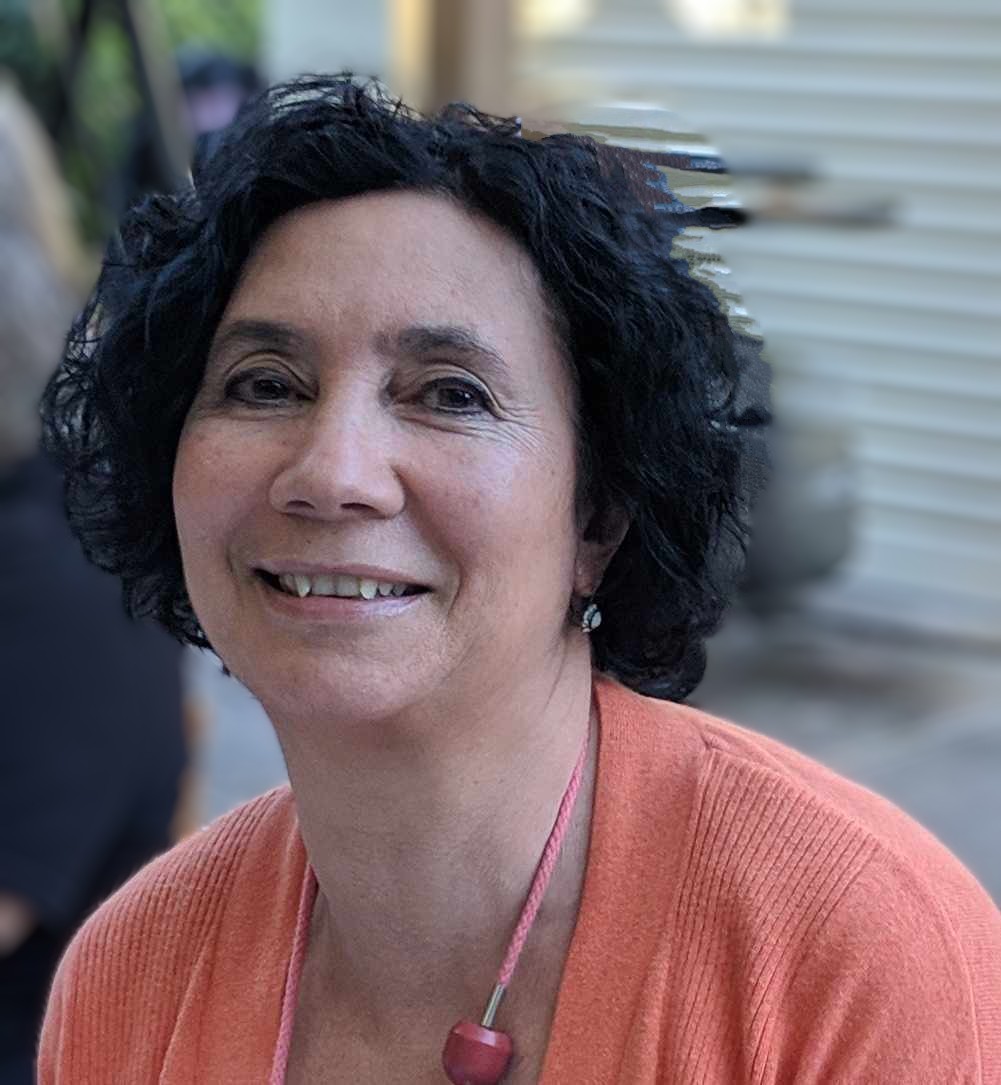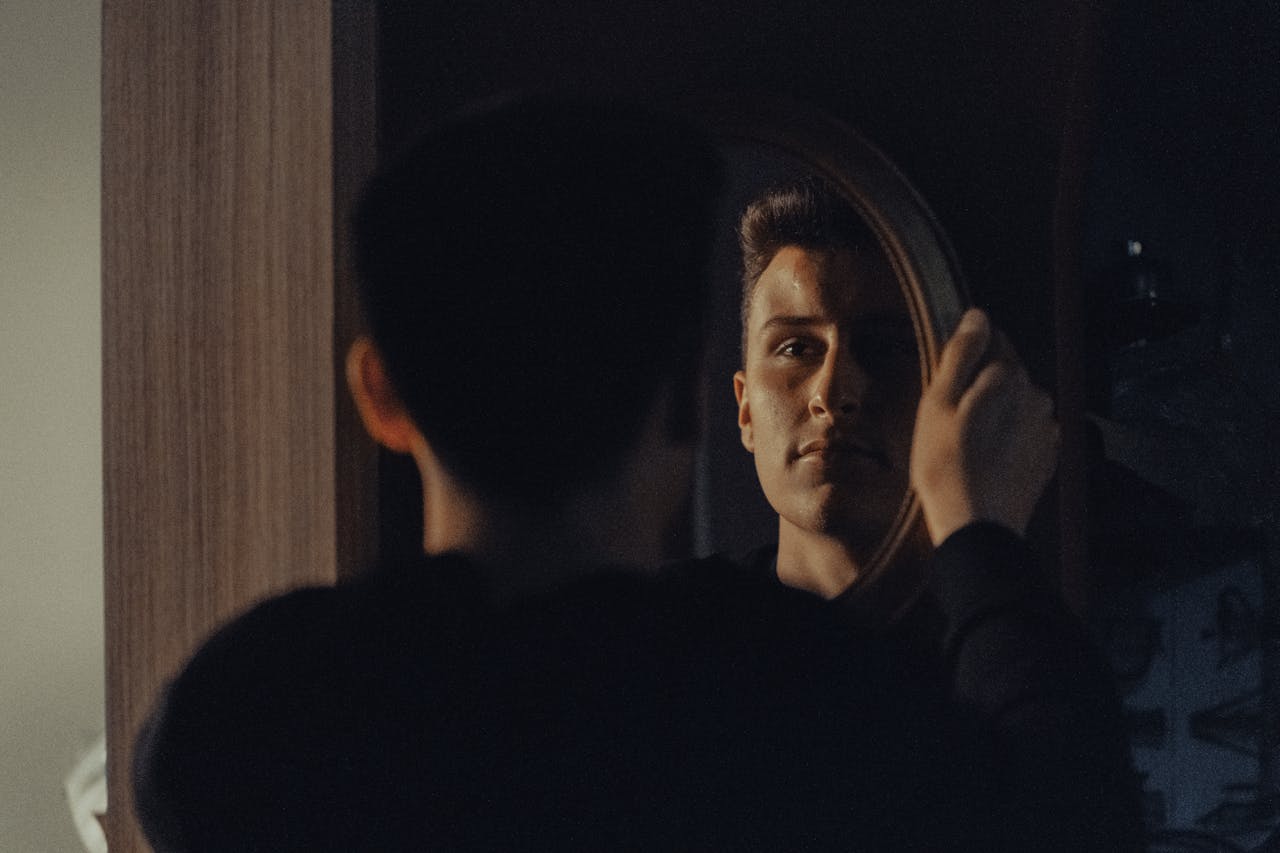BY LISA CORTEZ
‘I’m bored already,’ my mother said, removing her reading glasses and throwing my manuscript down on the coffee table. She’d come to my flat for dinner, and when I told her I’d finished the novel I’d been writing for over a year, she asked to read it.
So I handed her my novel: a historical romance set in the seventeenth century. I thought it had everything – romance, intrigue, murder and mystery.
My mother is an avid reader, so her offhand remark cut me to the core. I hadn’t even asked for feedback; I was enthusiastically sharing my new work because she’d shown interest. My mother has always been my harshest critic, so why was I so surprised at her cruel utterance?
I looked at the papers, some fallen onto the floor, and through clenched teeth I said, ‘You didn’t even finish the first chapter.’
‘Don’t need to,’ she said. ‘If a book doesn’t grab me within the first few pages, I don’t bother to continue with it.’
Fuming, I couldn’t help being defensive, even though I knew it would provoke an argument.
‘Well, I think the plot is well structured and it is a powerful work. As this is my first novel, and I am your daughter, you could cut me some slack, surely.’
I remember her snorting as she invoked a list of reasons why she wouldn’t read rubbish, even if written by her own daughter. She ended her lecture with a quote from her latest inspirational mentor: ‘Fools take criticism and dish it back. The wise take it and turn it to their advantage.’
‘Oh don’t you go quoting that guy to me.’
‘Michael Hyatt is so much more than a motivational speaker,’ she said. ‘You’d know that if you’d ever read any of his books.’And so it went until I gave up in exasperation. I could have written a novella during the time we wasted in argument. After Mother had left, I picked up all my pages and arranged them in order on my desk. The title page was on the floor, and as I placed it neatly on top, I stared at the beginning of Chapter One, which was face up on the pile. I looked at the boring block of writing staring back at me. For that is what it was: several long paragraphs with nothing to break the eye from the monotonous lines.
How could I have missed the obvious? My beginning was slow and detailed because I wanted to introduce the reader to the backstory as soon as possible. Sure, it was interesting, but was it riveting? If my mother couldn’t read past the first pages because she was bored, would my intended readers be more committed? Probably not. I sighed.
I learnt a valuable lesson that night. Never, never dismiss criticism out of hand, because there might be a glimmer of truth in it. The truth was that my beginning was not good enough, and I needed to grab the reader’s attention. That’s the first rule of writing a novel, and I had forgotten it.
So, it took a rude and demoralising comment to make me swallow my pride and look more objectively at my writing. I made changes to the first pages, which were guaranteed to grab the reader’s attention. This made a big difference when I submitted the first three chapters to a publisher.
That’s my biggest tip: become the wise one, who turns criticism into advantage.
Thank you, Mother.
About the Author

Lisa Cortez has been telling stories since she was a child growing up in London, where she was only allowed to play outside on a concrete driveway. She would invite the neighbourhood kids over and lead them in all kinds of imaginative games. Her imagination took over and has never surrendered its hold.
In 2022, Lisa won first prize in both the Short Story Unlimited Summer Competition and the Northern Beaches Writers Competition. Her historical fiction manuscript, The Proveniste, was longlisted for the Richell Prize. The Proveniste is now in the hands of a Melbourne literary agent, and the film rights have been acquired by Joel Koehn (a Melbourne director) and Mike Horvath (a Netflix production executive).












